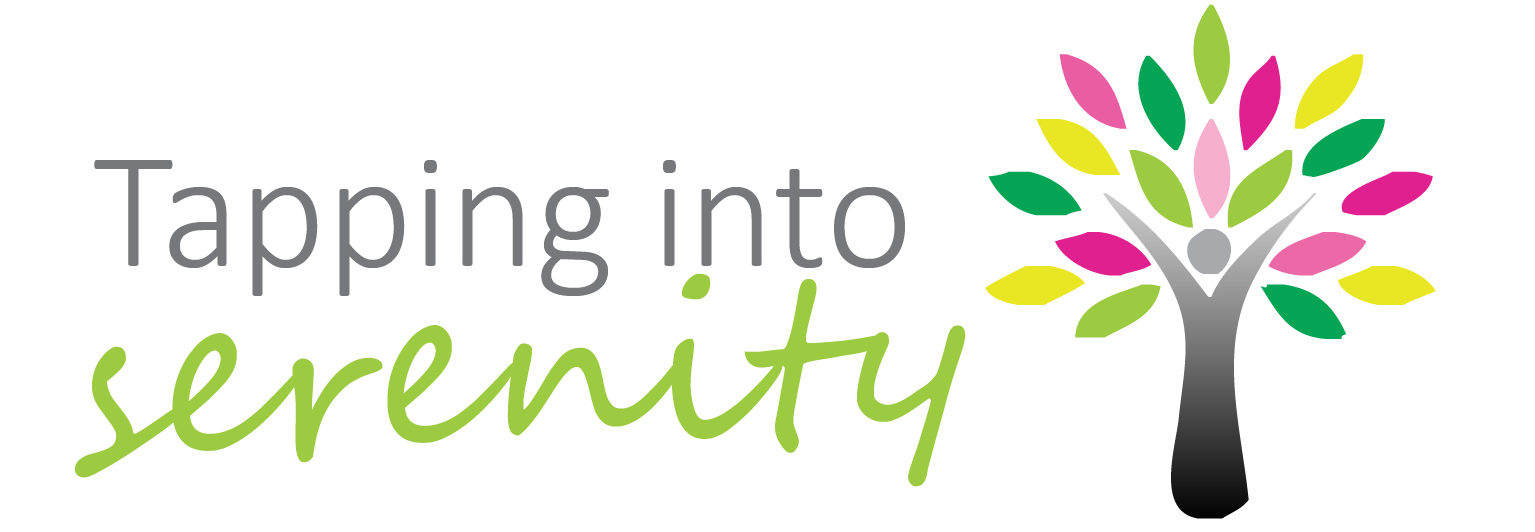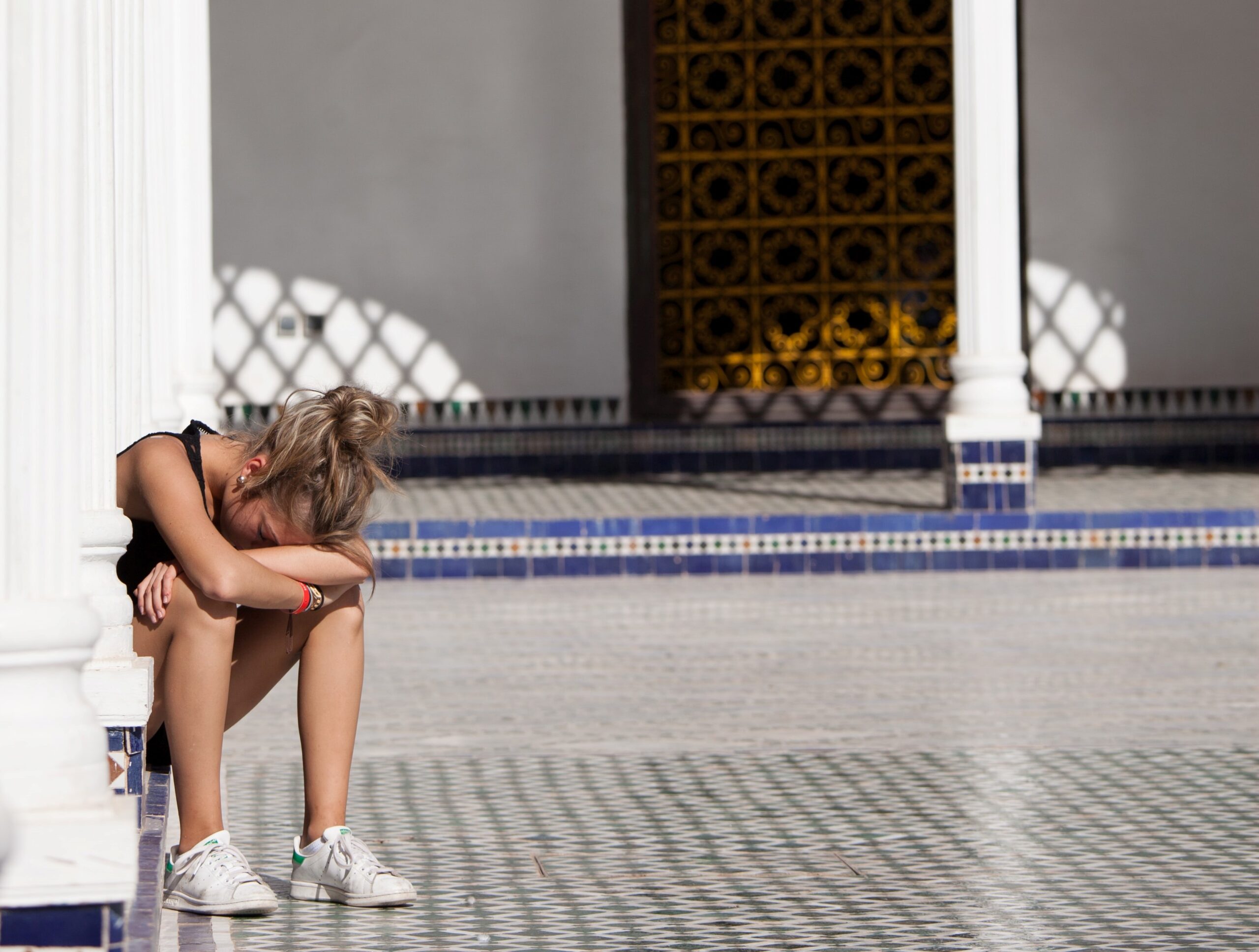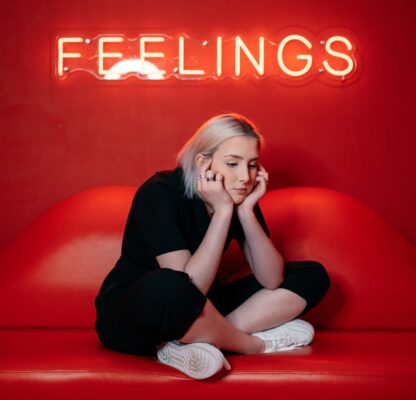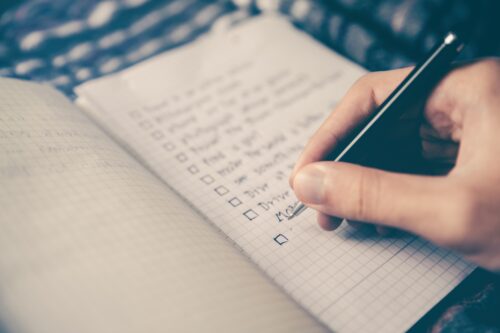As a former health researcher I’m all too aware of public messages to “Exercise More!”. But I once gave up running after 30 years when I started to feel worse after exercise rather than feeling better or more relaxed! I’ve revisited the topic of stress and exercise just this week because a few months ago I started cycling preparation ready for a 12-day bike holiday… and once again I find myself feeling awful after this exercise – and also sleeping much worse than usual!
After a cycling day, I’ve been waking up at night tossing and turning, my heart racing, flashbacks of the day going through my mind – especially images of going fast downhill. I’m settling it eventually with lots of EFT tapping and deep-breathing, but I’d rather it not happen in the first place! So I started researching what might be going on, and I thought it could help some of you by sharing what I found out…
Why you can feel worse after exercise
Let’s get this straight. I didn’t give up running as my exercise because I felt awful due to being unfit. I’d been running for decades! However, over a period of several years when I was extremely stressed in my job, as well as having background stress from several friends and family members going through cancer or recovering from vehicle accidents, I started to feel worse after exercising. I admit that in my “olden days” of high stress at work and home, I would often put ME to the bottom of my to-do list, and let my exercise slip – it’s so easy to do that isn’t it!? It seemed like that was the main time in my day that I had control over, and where I could grab just a few more minutes if I didn’t bother to exercise.
I was used to exercise making me feel better, fitter and more energetic! But then things changed. A few times I even burst into tears when I got home from a run, not because I was feeling emotional but just because it had been building up during the run and needed to come out.
I decided maybe it was time in my life to start listening to my body and how it felt – which was to stop running – instead of listening to my mind which for years had been pushing my body any time it thought of taking a break by repeating the health-message mantra “But you should be exercising!”. So I replaced my running with a gentle long walk once a week (90-120mins), I reignited the early-morning qi-gong (it’s like tai-chi if you aren’t familiar with it) that I’d learned in my late 20s, and added some general evening stretches with yoga from an old book.
For a few years none of these exercise options ever really felt the same as running; I felt I was a sort of cheat doing “just gentle exercise”, especially as my husband still runs regularly, and my dad was even still running into his early-80s (an old soccer player/coach reluctantly hangs up the running shoes!). But I also came across EFT tapping and started having sessions with a tapping practitioner for stress-relief, which made a huge difference to lowering my stress-levels (and of course, soon I would train in it and became an EFT practitioner myself!). But at that point in my life I hadn’t made any connection between my already-high stress levels and potential downsides of exercising while in that state.
The Cortisol Culprit
So recently with all my cycling prep I expected to sleep even better than usual after a day in the fresh air, out with nature in a park or by the sea – exercise helps you sleep better, right? But just now I’m experiencing the complete opposite on Cycling Days. What’s going on!? I started asking a few complementary therapist friends what they thought, and one suggested my cortisol levels could be staying high as my body doesn’t know if the cycling is exciting (excitement kicks in adrenaline) or life-threatening (which does the same – as in when you’re hurtling down a bumpy track and could fall off at any moment!). That gave me something to check out.
First I googled “insomnia after exercise” and got those articles that tell you not to exercise within 1-2hrs of sleep. Yes I know that, but that’s not what I’m doing. What about a cortisol hit after midnight? And hey presto. I found that cortisol’s normal effects are to make energy available to your body. Once the demand finishes, cortisol should bo gack to its normal level and its daily cycle (it’s what gets you out of bed in the morning, if it’s working properly). But… I’ve also now read that “too much” exercise or too much exertion in one go can keep your cortisol level high for much longer, and chronic stress can do that too!
Post-Workout Insomnia – yes it’s a thing!
And that’s when I came across the concept of Post-Workout Insomnia. Yes, it is a real thing! Especially in the night after a 3-6 hour ride (we don’t cycle non-stop, we have plenty of breaks for toilet, teas and lunch). I’m waking up hot and sweaty, heart racing, sometimes bursting into tears for no apparent reason. Of course I’m using my tapping to calm myself, along with deep-breathing and some Eden energy exercises. But it’s not enough to get through it quickly and I’m losing too much sleep on those nights! So I thought I’d share with you what I’ve found out about physiology and exercise, especially if you’re a highly-stressed or frequently-stressed woman, because maybe it will help some parts of a puzzle fall into place for what’s happening with you too.
Firstly, I’m sure Cortisol is my main problem. One article on insomnia after a workout cites a 2011 study showing that adrenaline falls pretty quickly after exhaustive exercise, but cortisol (epinephrine) can stay elevated for up to 48 hours and get out of whack with your normal daily cortisol cycle. And I guess what counts as “exhaustive” is specific to your particular exercise choice. I think this cycling IS exhaustive on my body – my legs are moving for hours, even though my electric bike is helping – yet my mind is not recognising that, because I feel fine at the time. It’s just the delayed effects that bother me. And if you do a lot of exercise, apparently that can leave you with constantly elevated cortisol levels (see Cortisol and the Runner).
Perhaps my other main factor is that body temperature can stay raised for some time after exercising, maybe explaining why I wake feeling hot. Whereas to get into deep refreshing sleep, your body needs to be cooler.
So, it seems two things could put you in my situation:
- You are highly stressed already at work, in study, or in life in general (or maybe a combination of all three) so your cortisol levels are already high in constant fight-flight mode to deal with your ongoing perceived threats and feelings of unsafety. If you’re already stressed, then when you exercise an already-tired body it can’t re-energise you but exhausts you even more. I realise now that this was my situation when I was still running and had the combination of high work-stress & high life-stress. So it’s really good to know that exercise can exacerbate pre-existing cortisol imbalances. Because then you can choose what exercise best suits you and how intensely to do it., plus finding practical tools like EFT Tapping that reduce your overall stress levels.
- You aren’t stressed but you ARE exercising too much – which is my cycling situation, now that I have my stress levels under control through tapping most of my day in my current work! I guess with my E-bike I didn’t realise that cycling 3-6 hours straight when I’m not that fit or used to is something to watch out for. Even if it doesn’t feel that demanding when I’m doing it! But it’s still bumping up my cortisol production which is lasting for hours afterwards. That’s partly from the mere duration of the cycling – even though I also feel completely fine when I finish and for some hours afterwards. The other causes are temporarily high levels of adrenaline from the positive excitement of whizzing down hills, combined with the ongoing fear that I could fall off any time and get seriously injured when we’re on bumpy off-road tracks. I’m not an adrenaline junky, nor do I like extreme sports or mountain biking per se, so you definitely won’t find me trying to “get some air” over a hump!
So even if you’re reading this and don’t consider yourself that highly-stressed, maybe you’re a perfectionist and you push yourself too hard with your exercise? (And perfectionism is something I can definitely help you with!).
How to NOT feel worse after exercise
So, since there’s so much research out there telling us that exercising is good for both physical and mental health, now and over our whole life, of course highly-stressed women should exercise. But maybe you need to understand better how your exercise could be affecting you, depending on your existing stress levels, OR if you push yourself to do a lot of exercise. Some things that I’ll be trying so that I can sleep better on the cycling holiday are:
- Hydrate well during AND AFTER exercise – as a person who’s NEVER felt thirsty, I have to make myself drink. Many of you know I love tea (herbal, green and Early Grey – and yes, a new mini-flask will be in the bike panniers!). But I never thought to make myself keep drinking well AFTER exercise, AND before bed on days when I’ve done more exercise than usual.
- Eat enough – many women are trying to watch their weight, so it’s a little counter-intuitive to eat more food than you feel you need. This is particularly problematic for me because exercise totally cuts off my hunger. So during and after cycling I feel like I’m force-feeding myself with carbs and protein! If this is you too, here’s an article explaining that.
- Warm shower/bath, cool room – several websites recommend these two options to get better sleep after you’ve exercised. But they are generally good recommendations for better sleep anyway. And you could even make that shower or bath a self-care luxury with some candles and a nice new soap!
- Supper before bed – I’ve recently discovered that after a regular friends get-together on a Friday night I sleep better after a light supper! Maybe that’s why my Nan always gave us supper when we slept over as kids. In looking for things to counter workout insomnia, this Banana & Almond Bedtime Smoothie sounds good to try. This woman invented the recipe for her daughters who were exhausted after their 2-hour ballet classes. I guess you could omit the caramel and instead use maple syrup or nothing. Let me know if it’s a gamechanger for you!
- Restorative Yoga – Two years ago I discovered there’s a form of yoga that I really like – you lay in poses for 5-10 minutes each and it really unwinds your muscles and fascia layer so much better than a quick stretch. My lovely friend Annie at Annie John’s Yoga in Adelaide taught it to me in her regular group and a personal session at her Tiny Yoga Room. If you’d like to try it (and I strongly recommend it!), then why not consider joining her new Rest Club that will give you ongoing access to a variety of online videos and advice from whereever you are in the world!
- EFT Tapping – Did you know that many people use the basics of tapping to get to sleep, or back to sleep. They lightly tap the points as they breathe slowly and deeply. So of course I can easily take this on the cycling holidays – as well as being used to transform your reaction to your overall stressors, and clear past traumas, it’s also simple stress-first-aid at your fingertips! Studies now show that EFT has proven effective in countering insomnia for the elderly; maybe it will help you too. However, depending on the causes of your insomnia, it may not be fixed merely by tapping gently in the night, or tapping about your sleep frustrations; it may require some persistent tapping with a practitioner over a period of time to clear your ongoing stress and any past traumas. Of course, get in touch with me if you’d like help with that.
- Afterthought: I love experimenting on myself with tapping and I do wonder how different I’d feel if it were physically possible to tap the whole time that I’m cycling – would my cortisol levels not rise at all, or only slightly?! Because, do you know that a 2020 study showed 1-hour of tapping reduces your cortisol by over 43% – how great is that! But it’s impossible for me not to have two hands on the handlebars all the time with my heavy e-bike, made heavier with the touring panniers packed with all our gear (and the flask for the tea!).
And of course as an EFT Tapping practitioner, I go to tapping as a first port of call for help with many things. Every year there are more and more research studies and meta-analyses being published showing how tapping works – and it works on many things precisely because many of them have stress as a common factor.
Dr Lareen Newman PhD helps busy and high-achieving women who are struggling with Work-Stress, Perfectionism or Life-Stress to find clarity and emotional freedom so they feel more joy, peace and love. She can work with you online in private sessions wherever you are in the world, or locally at her private studio in Adelaide, Australia. Lareen left the high-pressure university world to expand her business and live her passion of seeing increasingly more women transformed through reducing and clearing their emotional stress and subconscious blocks to feeling calmer and happier in work and life.
To get notice of Lareen’s future blog articles, sign up to her Newsletter in the box on this page. You might also like to check out some of her many clients’ testimonials – written by thankful women just like you, or book your free Clarity Call with her to discuss how she can help you with your issue. She looks forward to hearing from you soon!




